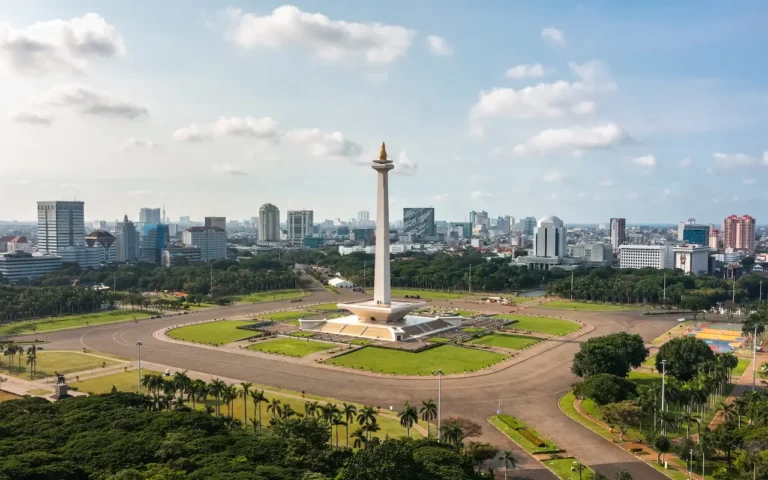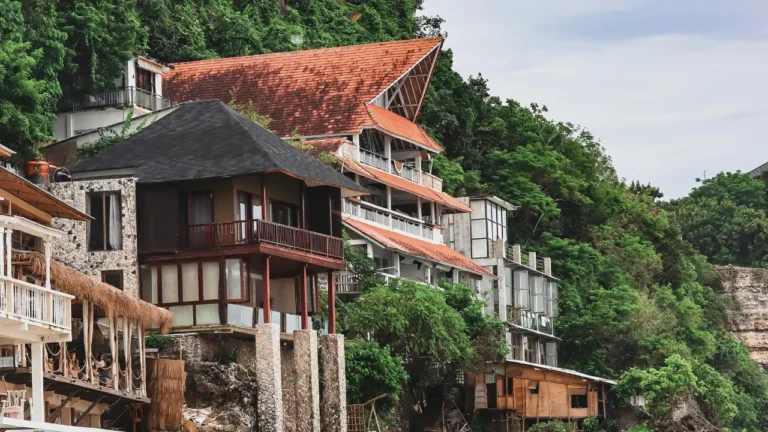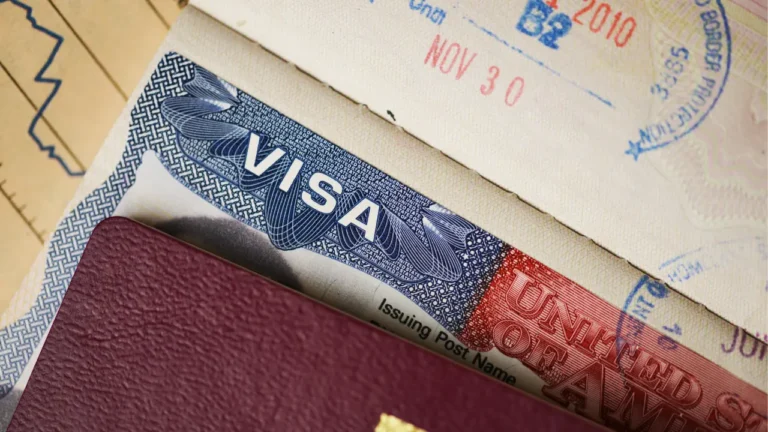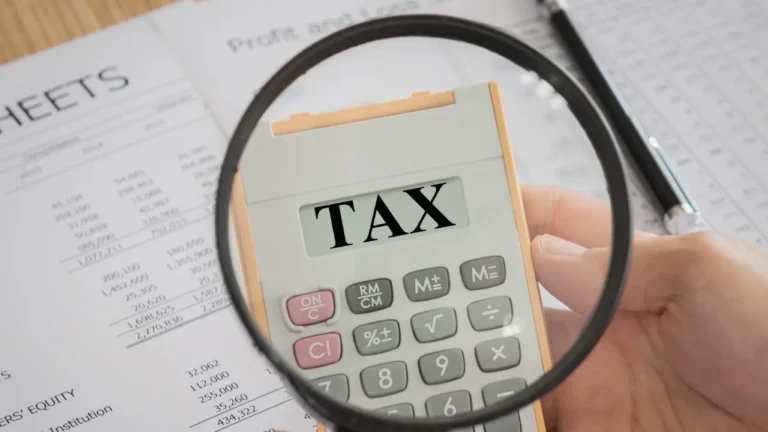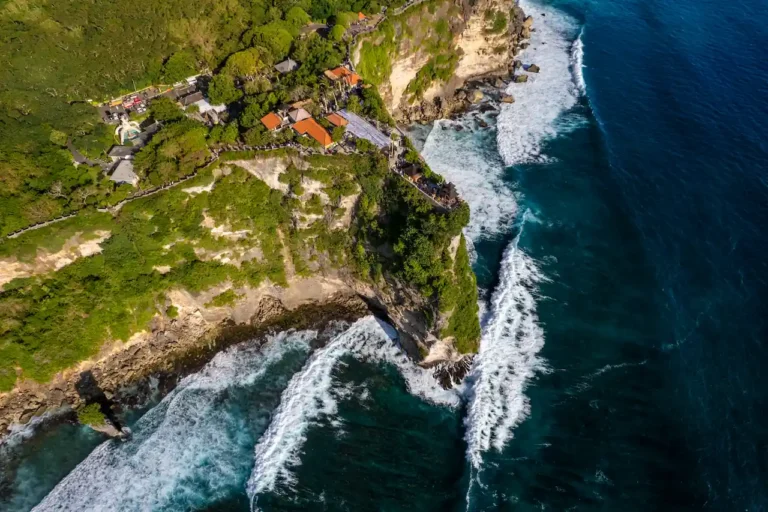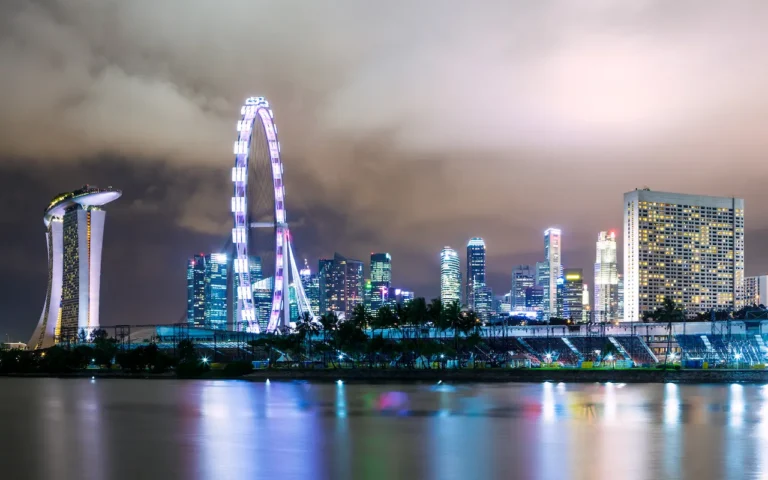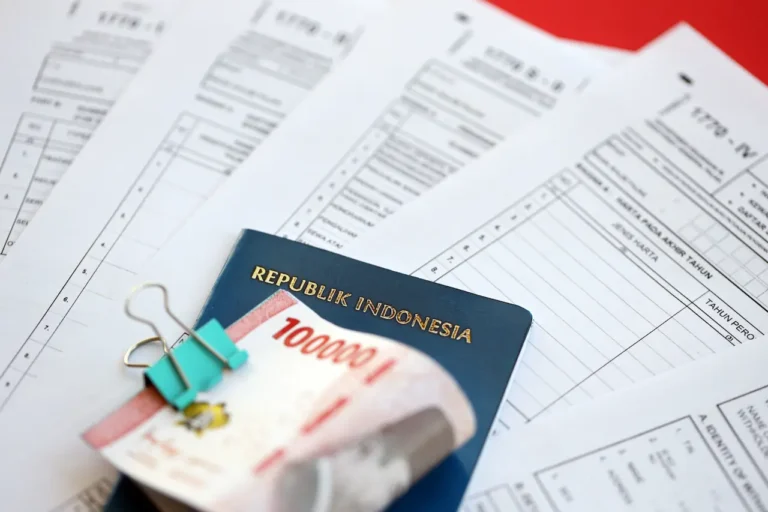Table of Contents
ToggleThe recent news of Bingin demolation, widely shared on social media, is indeed heartbreaking for those who lost jobs and for the community that cherished the beach for surfing or sunset views. For anyone investing in Bali, however, it’s crucial to understand that despite the immediate emotional impact, the demolitions are not the fault of the government’s decision to enforce the law.
For years, property owners, developers, and business owners in the area operated without proper permits or licenses, seemingly enjoying impunity. The primary responsibility for this distressing situation lies squarely with those who chose to operate businesses illegally on the beach.
This news, however, offers crucial lessons for how investors should now approach investing in Bali. Bingin is not an isolated incident; similar demolitions have occurred recently in other areas, such as ParQ and other villas in Ubud.
In this article, we’ll thoroughly examine the Bingin demolitions, clarifying that the responsibility rests with illegal operators, not government enforcement. We’ll delve into how Bali reached this point, exposing widespread non-compliance in areas like building permits (PBG/SLF), zoning regulations, business licensing, and tax payments.
We’ll also emphasize that these practices are not only illegal but dangerous for investors, contributing to uncontrolled development. Ultimately, we aim to distill vital lessons from Bingin, advocating for more professional and compliant investment and operational practices in Bali to foster sustainable growth and accountability across all parties.
This is precisely where ILA Global Consulting excels. With a strong reputation built over years, we’ve helped countless international clients, including those investing in property in Bali, precisely navigate Indonesia’s legal, taxation, and investment complexities.
Our team’s blend of deep local knowledge with international best practices ensures compliant, strategic solutions, making us a trusted advisor for anyone to avoid common mistakes when investing property in Bali.
The Bingin Demolitions: How Has Bali Arrived at This Situation?

Bali has for years accepted some development that would not be possible in other provinces, including Jakarta. The Balinese are the first responsible for the situation, and the sellers of the land are the ones who have been enjoying most of the development. As legal advisors, we see investors from all around the world coming to Bali to invest, following the rules and regulations. Of course, there are always some developers who are willing to bypass the restrictions.
However, how difficult is it to advise a client when most property agents list villas and businesses for sale without a building permit? How does an investor coming with the right intention feel about the market and how rules work in Bali?
When an investor comes to invest in Bali or Lombok, the first thing a local person tells them is that they do not need a building permit and can build on a green zone. They can start building and obtain the building permit at the end. Some questions need answers. For example, how the PUPR can provide the SLF without a PBG, when investors must apply for and obtain the building permit before construction.
How can big developers build without the PBG being provided? As legal advisors, we conduct proper due diligence and several big developers promoting on Internet and social media and claiming to be the new start up are developing without any building permit (PBG) issued.
Notaries tell them they can make a fake contract to lower the tax. Half of the notaries engage in this practice, causing those unwilling to make a double contract to lose clients, as real estate agents and other developers will advise for another notary. Practicing this is illegal and also dangerous for the buyer, who will not be able to claim the actual amount in case of dispute. Therefore, it’s also homework to find a good notary in Indonesia.
The current situation with uncontrolled development is the result of the laxism of all actors in Bali, local population, legal advisors, developers, and clients. Today, investors have lost money due to incorrect advice, and some local people have lost their jobs because business owners have not respected the rules. The government is now doing its job, and it is the community that is pointing the wrong finger at the responsibility.
Unsure About Terms When Buying Property in Bali and Lombok?
To ensure clarity as you consider your investment, here’s a breakdown of key terms you encounter.
| Term | Definition |
|---|---|
| PUPR | Kementerian Pekerjaan Umum dan Perumahan Rakyat (Ministry of Public Works and Public Housing). The Indonesian government ministry responsible for infrastructure, public works, and housing, often involved in building permits and regulations. |
| SLF | Sertifikat Laik Fungsi (Certificate of Feasibility). A certificate indicating that a building is fit for its intended function and meets all technical and administrative requirements. |
| PBG | Persetujuan Bangunan Gedung (Building Approval/Permit). The official permit required from the government before any construction or significant renovation can legally commence on a property. The text highlights that many are built without this. |
| Green Zone | Designated land areas in Indonesia that are strictly not for commercial or residential development. Building in these zones is illegal, as they are protected (e.g., for agriculture) as part of an urban plan. |
| Fake Contract / Double Contract | An illegal and dangerous practice where two different contracts are created for the same property transaction, often with one showing a lower value to evade taxes. This can invalidate the buyer’s claims in disputes. |
Start Your Investment Journey in Indonesia the Right Way
With numerous diverse investment opportunities in Indonesia, it is essential to ensure you have the right setup to conduct business here.
Get help from our team of experts to register your company, navigate the real estate market, and secure your visa and stay permit.
Schedule a free call with us today to plan your next steps with ILA Global Consulting.
Investing in Bali: What are the Rules and Regulations?

1. Building permit (PBG and SLF)
The rules are clear. A construction cannot be done without obtaining the building permit, also known as PBG. You can obtain a PBG if the construction adheres to specific local rules, such as incorporating a traditional Balinese roof design. For example, Moarbito in Bingin had no roof at all.
Once the PBG is approved, construction can begin, and once the construction is nearly complete, the SLF can be issued. You can obtain SLF if the building meets certain minimal security standards and adheres to the criteria for which it was designed. For example, a hammer test is done to ensure the construction is solid enough.
Not all constructions in Bingin were approved and could potentially pose a danger to clients, as there was no certainty that these constructions were following the norm for construction.
2. Zoning and land allocation
The land used in Bingin is a perfect analogy of the purpose of zoning. The national government has defined zoning to ensure and control the development of areas. Some zones are allocated for agricultural, religious, tourism, residential, industrial, and infrastructure purposes, and the infrastructure is is developed in accordance with the urban plan.
However, having illegal development doesn’t help the government provide infrastructure. The same ones blaming the government for not providing enough infrastructure are sometimes the ones who build illegally. How can the government provide a road if the villa should not stand here?
3. Business licence and taxation
Businesses operating in Bali are supposed to pay tax and operate with a licence. To serve even a beer, a business must operate with an alcohol license; a hotel needs a hotel license, etc.
The tax office KPP now focuses more on businesses and conducts more frequent inspections. Binging is, unfortunately, again a case where some business owners were operating without a licence. In fact, other businesses pay their tax every day and pay for their licence.
Unsure About Terms in Bali’s Property Rules and Regulations?
Understanding the specific terminology for regulations is essential for compliant property investment in Bali. Here’s a breakdown of key terms discussed:
| Term | Definition |
|---|---|
| Zoning | A system defined by the national government to control land use and development. The national government allocates land areas for specific purposes such as agricultural, religious, tourism, residential, or industrial use. |
| KPP | Kantor Pelayanan Pajak (Tax Service Office). The local tax office responsible for managing tax collection and conducting inspections on businesses to ensure tax compliance. |
What are the Lessons from Bingin Demolitions?
The situation in Bingin serves as a valuable lesson for investors, developers, and business owners. It is time for Bali to become a more professional destination, attracting serious investors and individuals who respect the regulations. They must follow the rules, pay their taxes, and contribute to the community by giving back to Bali.
Investors should view this situation as a signal to invest in a place that is becoming more professional. They have to focus on cleaning up the insecure projects and ensuring that people respect the rules. Here are the lessons we can learn from:
- Authorities can demolish illegal construction and business.
- Local people can also have their business demolished.
- Listening to Desa, local or banjar that nothing will happen is not sufficient. A proper contract with penalty in case of issues is crucial.
- Always performing due diligence on a business or property investment is crucial.
- Operate with proper licence, for example, with a proper PT PMA
- Ensure your contract is legitimate, avoid double contracts, and pay taxes properly.
Investing in Bali or Lombok, or the rest of Indonesia is a beautiful investment and adventure, with a return that is, for sure, beautiful. However, investing in a foreign country also entails some responsibilities. It includes following rules and regulations, which we may not be accustomed to in our own country. Developers have to take their own responsibilities and not reject the fault of the government.
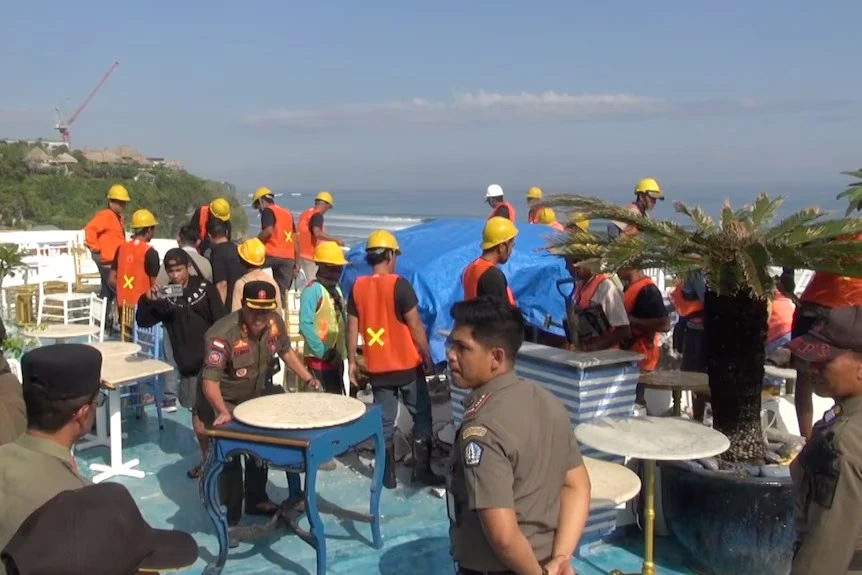
Nobody pushes them to build without PBG. Nobody pushes them to build on green zones or requests to change the zoning. If the association of real estate agents had denounced all the projects sold by the real estate developer and agent promoting the illegal villa, there would be no illegal villa in the biggest agency in Bali.
We are also responsible as legal advisors, and our due diligence with the notary must strongly indicate the illegality of the project; the notary shall not proceed with the signature.
| Term | Definition |
|---|---|
| Desa | A general term for a village in Indonesia, which is a lower-level administrative division. In Bali, “Desa” often refers to the formal, administrative village structure (Desa Dinas). |
| Banjar | The smallest traditional community unit or neighborhood in Bali, governed by customary law (adat). Banjars play a significant role in social, religious, and community affairs. |
| PT PMA | Perseroan Terbatas Penanaman Modal Asing (Foreign-Owned Limited Liability Company). This legal entity typically authorizes foreigners to conduct business and legally operate properties for rental purposes in Indonesia. |
Moving Forward: What to Improve for a Better Investment Future in Bali?
To foster a more secure and sustainable investment environment in Bali, several key areas require concerted improvement from all stakeholders:
- Cultivating Stronger Ethics Among All Parties: This involves a collective shift towards greater integrity and accountability among developers, real estate agents, notaries, legal advisors, and investors.
- Enhancing Regulatory Oversight and Enforcement: Increased and consistent control from governmental bodies like the Police and PUPR (Ministry of Public Works and Public Housing) is essential to curb illegal construction, enforce zoning laws, and ensure businesses operate with valid permits.
- Better system for the Building Permit System (PBG & SLF): Implementing a more efficient and transparent system for obtaining building permits (PBG) and feasibility certificates (SLF) would greatly benefit legitimate investors.
- Simplifying Business License Acquisition: Making the process of obtaining necessary business licenses more straightforward and quicker for foreign investors would encourage legal operation.
Are you ready to be part of Bali’s move towards a more professional and compliant investment future? By choosing to invest responsibly, you not only protect your assets but also contribute to the island’s sustainable growth. Contact ILA Global Consulting today to ensure your investment journey aligns with best practices and secures a prosperous future in Bali.


